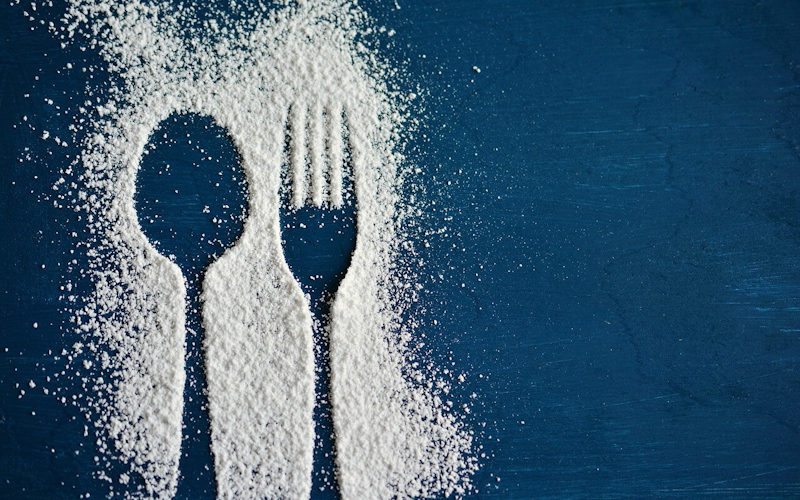The Sweet Benefits of Honey
All sweeteners are not created equal. There is a direct relationship between overall health and sugar intake. The type of sugar you consume affects your mind, body and emotions. Sugar is in almost everything we eat. So the key is being aware of how much you’re consuming and the source. Honey is one of nature’s earliest forms of sugar and a great place to start our sweet examination.
We all like honey and it makes a soothing cup of tea taste better, but let’s take a closer look at the kinds of honey. According to Food Safety News, 76% of honey sold in grocery stores is treated with “ultra-filtration,” a process that not only removes impurities, but also pollen which is actually good for us. Ultra-filtration is often used to mask shady origins, especially Chinese honey, subject to heavy import tariffs. A study by Vaughn Bryant, a premier melissopalynologist at Texas A&M University, found the following:
- 100% of Winnie the Pooh Honey in Walmart stores had the pollen removed.
- 100% of the honey in individual packets from KFC and McDonald’s also had all the pollen removed.
- 100% of the honey from drugstores like Walgreen’s and CVS Pharmacy had all the pollen removed.
- 77% of the honey from big box stores like Sam’s Club, Costco, and Target had no pollen.
His testings showed that honey from co-ops, farmers markets, and stores like Trader Joes had the full amount of original pollen. Just today I visited Singh Farms in Scottsdale, AZ. I was blown away with all the colorful healthy goodness! They sell their own raw honey, and it is delicious!
One ounce of raw honey has 20 different vitamins, 18 amino acids, 16 minerals and lots of antioxidants and phytonutrients. It has strong antibacterial and antiviral properties and is highly nutritious. Raw honey is packed with B2, B3, B5, B6, C, magnesium, potassium, calcium, sodium chlorine, sulphur, and phosphate. It also has a healthy Glycemic Index (GI), meaning that its sugars can be gradually absorbed into the bloodstream which results in better digestion.
If you have allergies, buying local honey is always best. The pollen in honey is mostly from the flowers where bees are found, and flowering plant pollen is less likely to cause allergy symptoms.
I had always heard that adding raw honey to hot tea would destroy the benefits of the digestive enzymes in honey, but through my research I learned that only happens when honey is added to really hot liquids. If you allow your tea to cool to drinking temperature and then add honey, you will help keep its nutritional value.
Even with all these benefits, it’s still very important to limit your intake of all sweeteners. One teaspoon of honey with 22 calories and 5 grams of sugar should be enough to sweeten a cup of tea. Remember, natural doesn’t always mean healthy. Practice moderation and use all sweeteners sparingly.
Wishing you happiness and stronger nutrition,
Amy
Load Comments


















